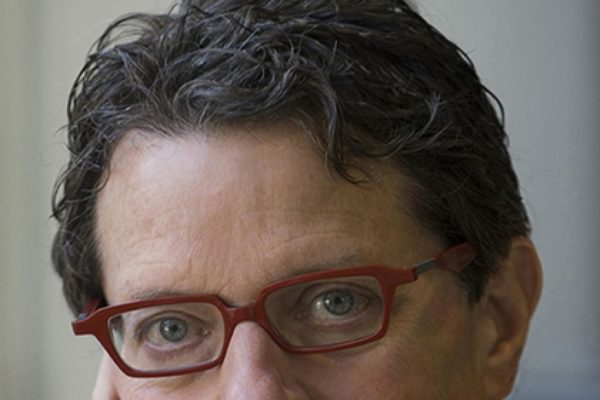AUSTIN, Texas — The Alexander Architectural Archives and Architecture & Planning Library at The University of Texas at Austin have acquired the archive and personal library of award-winning author, architect and educator Dr. Anthony Alofsin, FAIA.
The Anthony Alofsin Archive — a donation by Alofsin to the University of Texas Libraries — reflects an accomplished life and career through his vast work and collections. Alofsin has written or edited 12 books and more than 80 articles, essays and reviews over his 30 year career. The collection includes documents such as research notes, manuscripts, course work, photographic materials, architectural drawings, interviews, research papers, books, journals and historical materials.
“Anthony Alofsin is an exceptional architecture educator and an internationally recognized scholar,” said UT Austin President Gregory L. Fenves. “In sharing the corpus of his professional work with the Alexander Archive, Professor Alofsin adds to UT’s extraordinary special collections, enhancing our research and aiding in the recruitment of outstanding students, faculty and scholars.”
The strength of the archive is reflected in prominent collections of materials that highlight Alofsin’s areas of inquiry throughout his career.
Alofsin — The Roland Roessner Centennial Professor of Architecture — is regarded as one of the world’s leading authorities on the architect Frank Lloyd Wright, and his extensive research and publications on the architect form an important compilation within the archive. He was recognized with the Wright Spirit Award (professional category) by the Frank Lloyd Wright Building Conservancy in 2006 for his five-volume reference work, “Frank Lloyd Wright: An Index to the Taliesin Correspondence,” considered an invaluable reference tool for Wright scholars and researchers around the world.
As a noted expert on modern architecture, Alofsin’s expertise and activities are represented through specific holdings in central European architecture including fieldwork and writing from the late 1980s when he organized an international consortium of architects and scholars from Central Europe to conduct original research on the varieties of modern styles of architecture that evolved in the late Habsburg. Of special value is Alofsin’s research documenting the history of the Harvard Graduate School of Design for his book “The Struggle for Modernism: Architecture, Landscape Architecture, and City Planning at Harvard,” which covered the history of the school from its beginnings through the 1960s.
“Dr. Alofsin conducts, for architecture, the kind of meticulous research and documentation that is absolutely essential for the credibility and advancement of any field,” said Larry Speck, professor and former dean of the School of Architecture at UT Austin. “His expertise is based on deep primary investigation, extraordinary analysis and rich, nuanced insight. His contributions to the field have established Alofsin as one of the premier architectural historians of his generation.”
Alofsin has also made contributions to architectural education as a faculty member of the School of Architecture and through his own professional design projects. Since 1987, he has taught across the curriculum of the School of Architecture, and he founded the school’s Ph.D. program. His archives include full documentation of courses he developed including history, theory and studios and his activities as director of the university’s Center for American Architecture and Design. In his professional practice he has designed private homes for clients including his own residences in Austin, Texas. Recently, Alofsin was elected a Fellow of the American Institute of Architects, one of the highest awards given by the profession.
In additional support of the archive, Alofsin made a generous contribution to provide for the retention of a temporary archivist for the purpose of processing the collection for accessibility by researchers and the larger public.
For more information, contact: Travis Willmann, University of Texas Libraries, 512-495-4644.




